Death toll way too high
Ukrainian President Volodymyr Zelensky is receiving plenty of advice from Western countries on how to bring the war raging in his country to an end, with most of the guidance pointing in one direction: give up the territories occupied so far and start peace talks. The war would end if Zelensky handed over another stretch of Ukrainian territory to Russian President Vladimir Putin, advisors argue.
In May, Mr Zelensky disclosed that French President Emmanuel Macron had warned him that all additional killing could be avoided with some concessions. Speaking at the World Economic Forum later that month, former US Secretary of State Henry A. Kissinger advised Western leaders against forcing Mr Putin into an embarrassing defeat, suggesting instead that they should press Zelensky to cede occupied Ukrainian territory as a means of putting an end to the war. Current US state and defence secretaries have also repeatedly hinted that Ukraine will eventually have to make territorial concessions. Subsequently, similar arguments abounded in influential European and US newspapers.
Conservative Polish politician Mariusz Dzierzawski also penned an opinion piece, citing the example of the Finns. The Soviet-Finnish War (also known as the Winter War) took place between November 1939 and March 1940, ending with the Finns deciding to give up about ten per cent of their territory in exchange for peace and future independence.
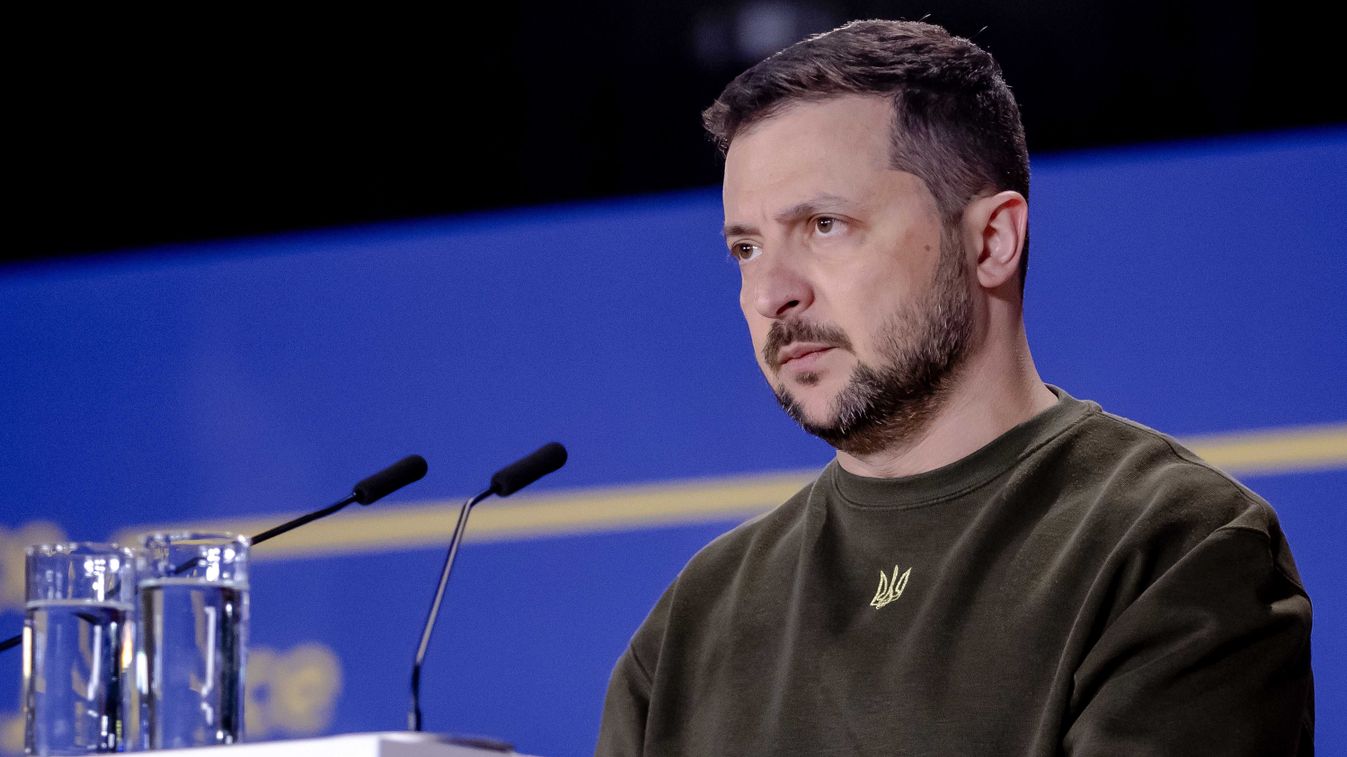
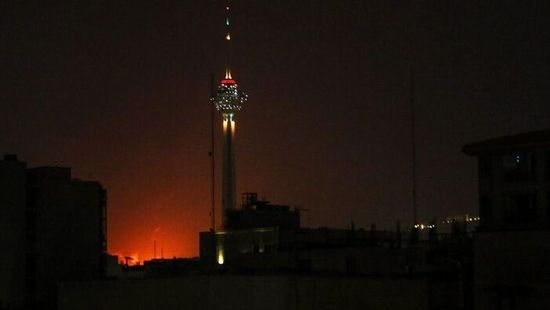
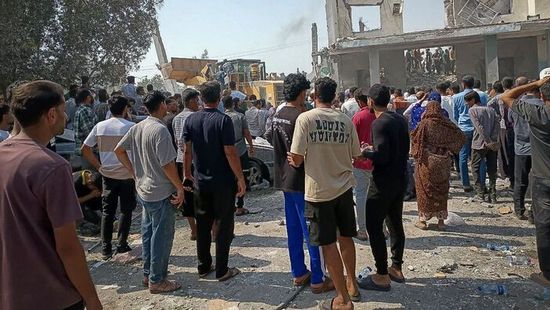
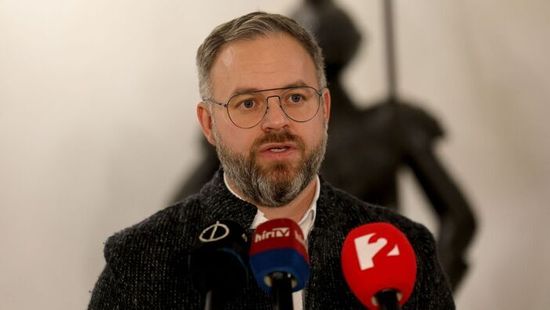
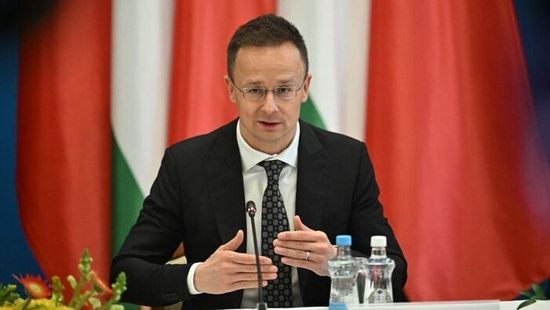

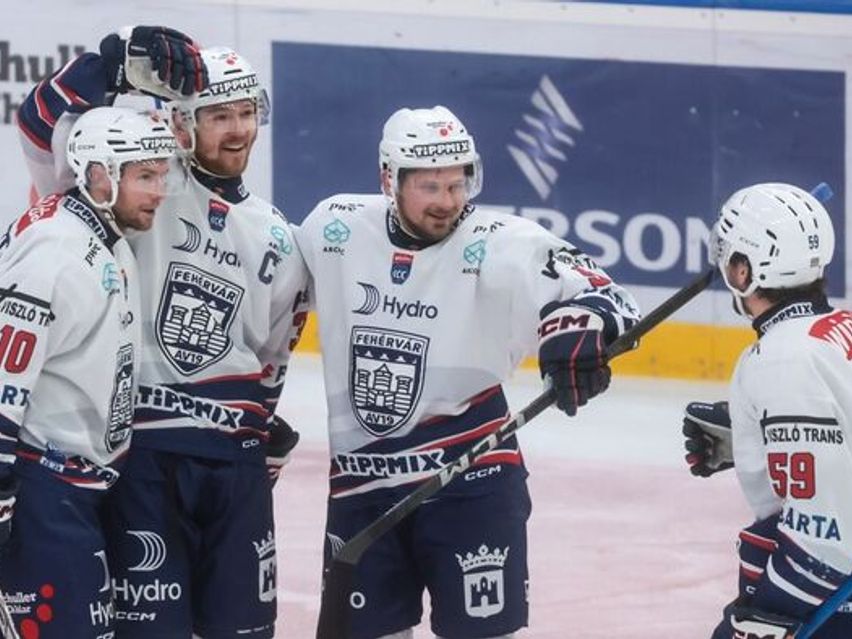

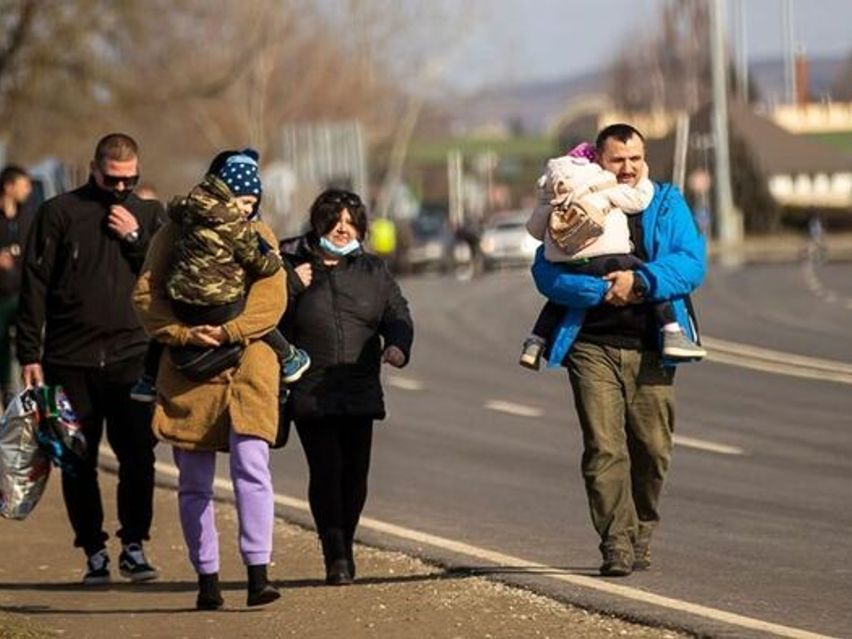
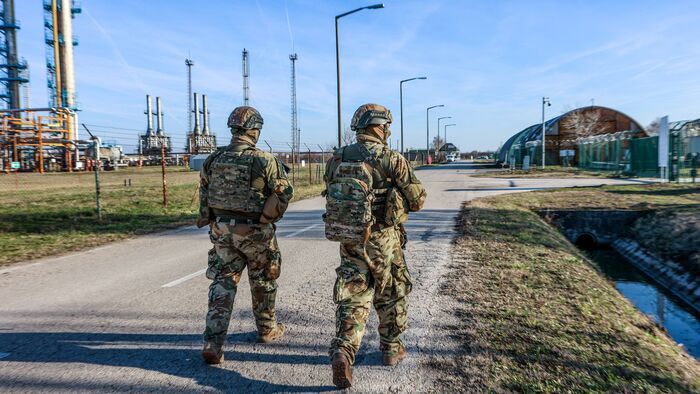

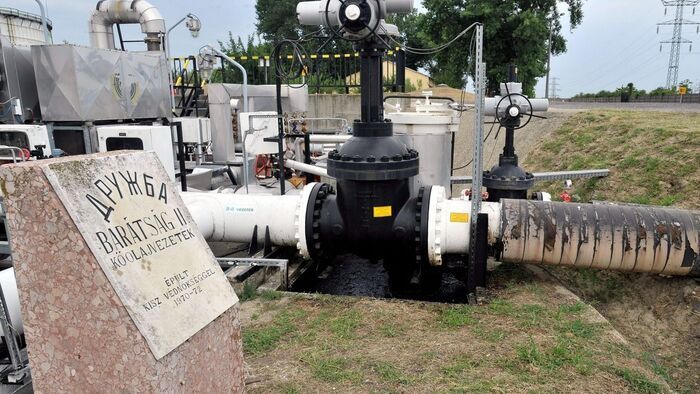
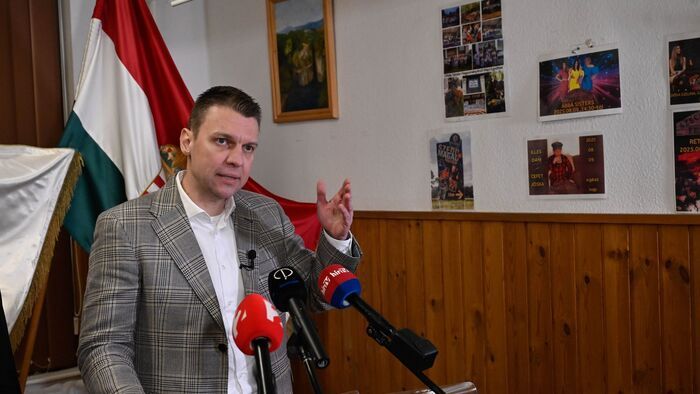
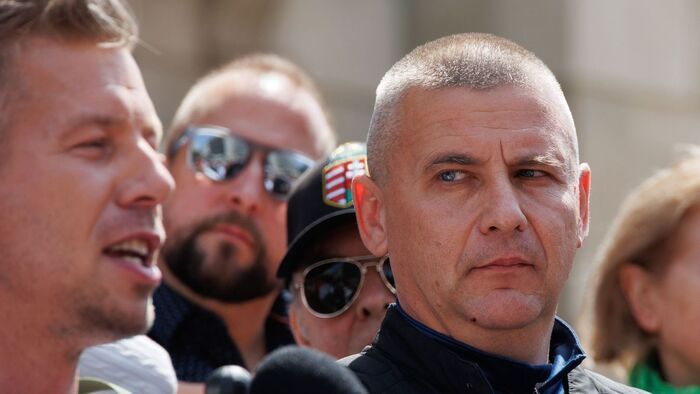
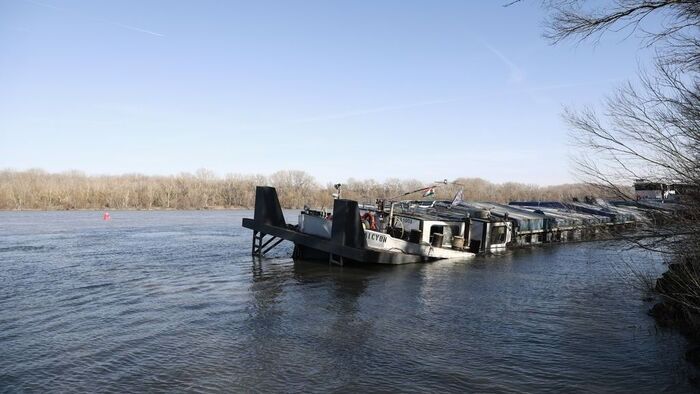
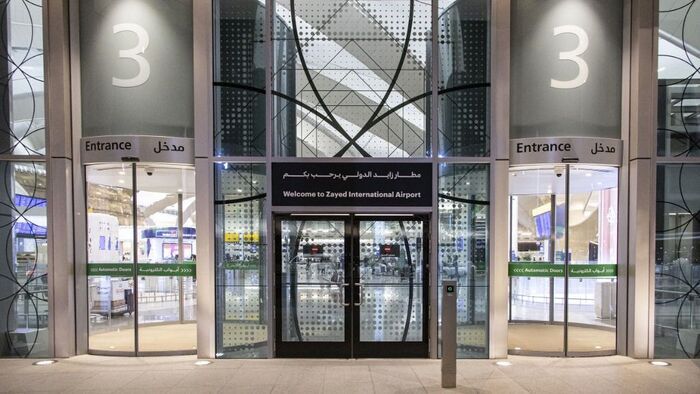

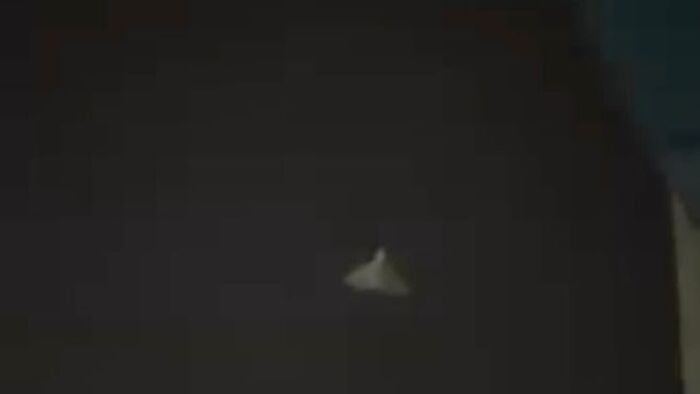

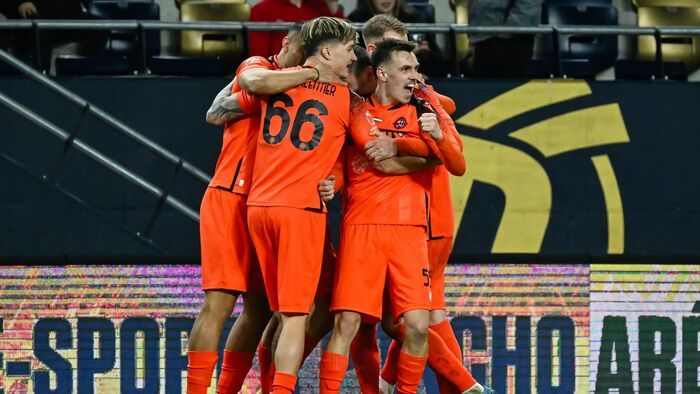
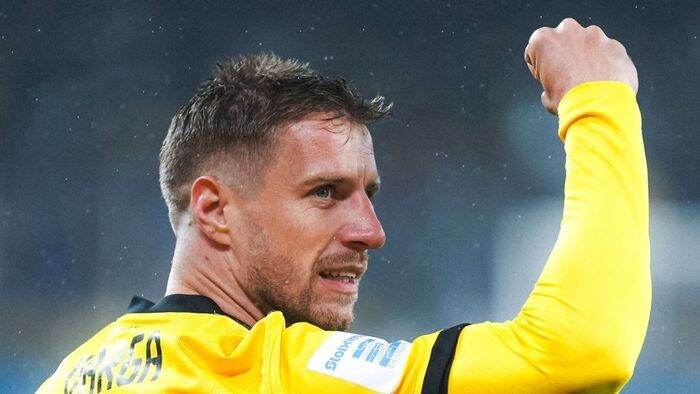
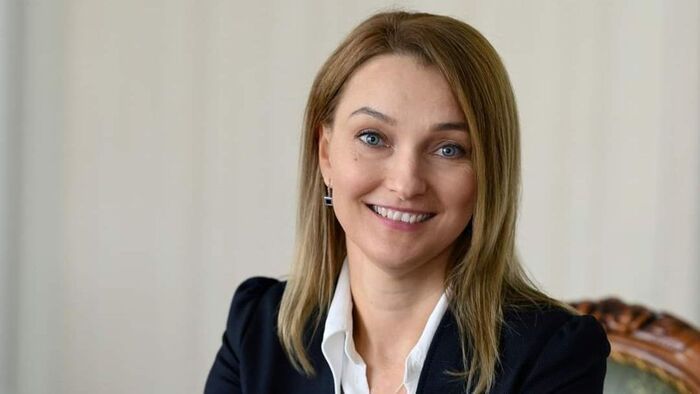

Szóljon hozzá!
Jelenleg csak a hozzászólások egy kis részét látja. Hozzászóláshoz és a további kommentek megtekintéséhez lépjen be, vagy regisztráljon!